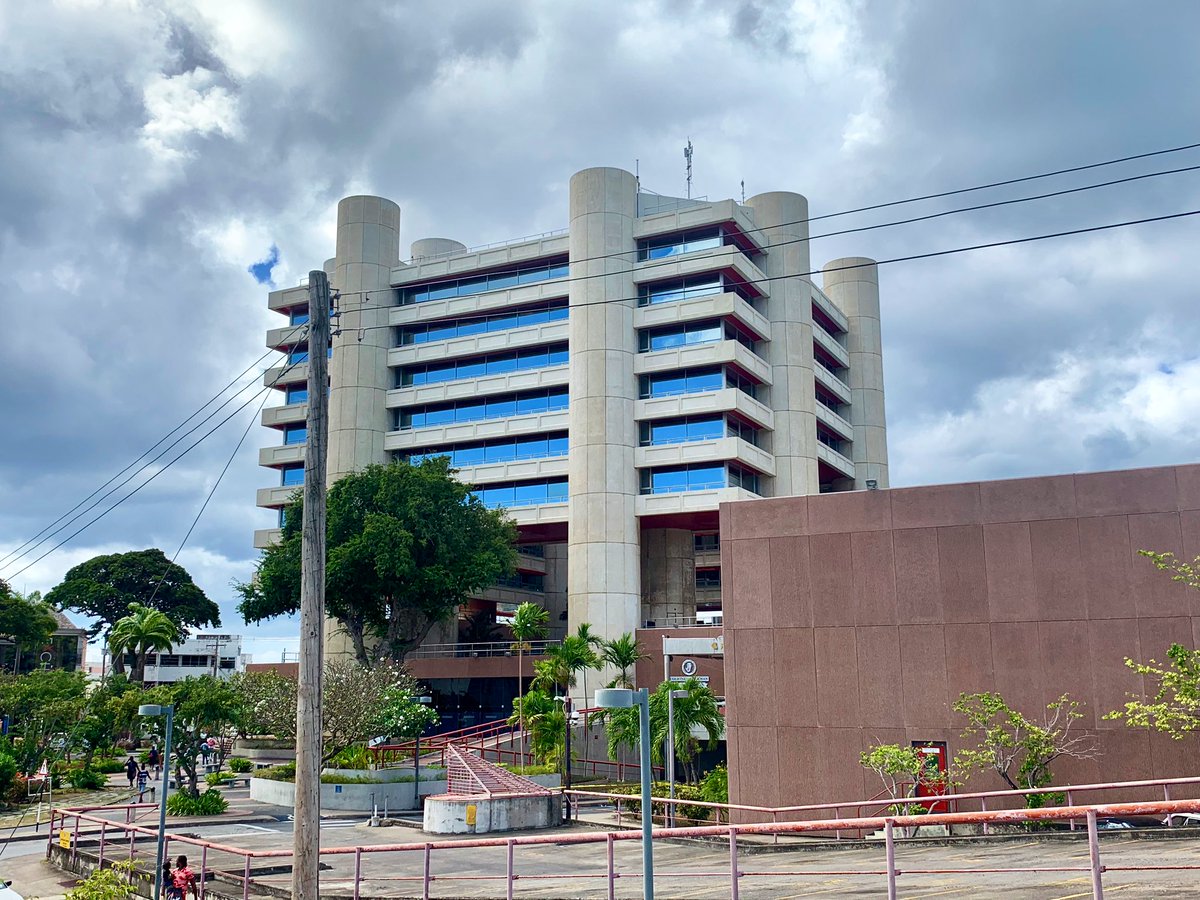The profitability of commercial banks in this country is not in question. They are doing well, and roaring back from the slump that occurred during the height of the COVID-19 pandemic period.
We understand that the locally based commercial banks are branches of much larger parent institutions based in countries such as Canada and Trinidad and Tobago and the scale of their operations will vary.
However, we are not convinced that any of them need to be “nickel and diming” local consumers.
As an example of the current state of the landscape, one of the bigger local banks reported a whopping 53 per cent rise in group profit at the end of its 2023 financial year. The net income surged by BDS$187 million from the 2022 figure of BDS$352.8 million.
Nickel and diming has been a tactic used by financial institutions in the United States for which regulators have introduced laws and guidelines to ensure that consumers are protected.
It is described as “unfairly charging many small amounts for minor services”.What makes this tactic so insidious is that an individual $1 charge may not seem harmful, but multiplied by thousands of customers over an extended period, it will represent millions of dollars.
In a 2017 article published on her LinkedIn page, finance professional Shane Steele said, “The truth is, the nickel and diming of Americans in the form of bank fees has now ballooned into a qualified epidemic. It’s hurting people at a surprisingly wide range of income levels, yet it often goes unnoticed.
“On average, Americans pay about US$300 in bank fees every year, and one in ten pays more than US$1 000 . . . .
Maybe US$300 doesn’t seem like much to some of you but consider that 60 per cent of Americans have less than US$500 in savings.”
Having pushed customers out of bank branches and directed them to automated banking machines (ABMs), Barbadians acceded, though reluctantly in the early stages.
The catalytic forces of the COVID-19 pandemic forced bank customers further into using online banking, even though people did not recognise, at the time, the inevitable convenience it provides.
Thus, the indignant response of Barbadians was expected when one bank announced a plan to introduce a $1.25 fee for every online transfer to other commercial banks and credit unions.
Online banking and the electronic transfer of funds have become a valuable part of the financial landscape as the country moves more towards digital financial services and away from cash transactions.
It is unreasonable to discourage the use of cash, make it prohibitive to use in-bank services through the introduction of fees, but then charge customers when they use online banking services that they were encouraged to use in the first place.
The swift and decisive action by the Central Bank of Barbados to direct all commercial banks to immediately stop any plan for this service and to discontinue any such fees already introduced has received overwhelming support from the public.
However, the jubilation of bank customers has been tempered by cynicism that this protection will be short-lived, as banks were likely to find other means through which to achieve the same ends.
The banking landscape has evolved significantly in just one decade. It is clear that the government is emphasising and hastening a radical overhaul of how financial services are delivered in this country.
Within recent days, we learned that the State was going to eliminate the issuance of cheques which it says are costly and cumbersome to administer. As a result, electronic deposits to accounts will be the mode of payment.
This was followed by an announcement by Minister of Industry, Innovation, Science and Technology Davidson Ishmael that authorities are working on rolling out the controversial digital identification this year. According to the minister, digital identification was a critical component of the government’s modernisation efforts, as a number of its services would be offered online.
All these developments indicate the need for parallel and comprehensive consumer legislation as well as greater attention to be paid to the protection and use of persons’ data and personal information.




